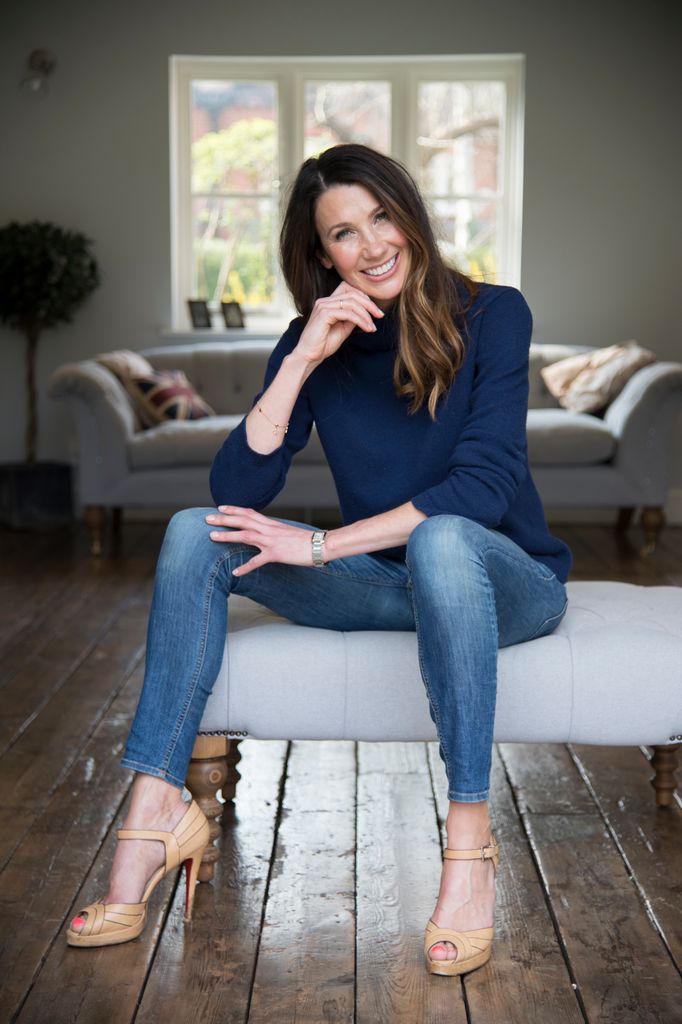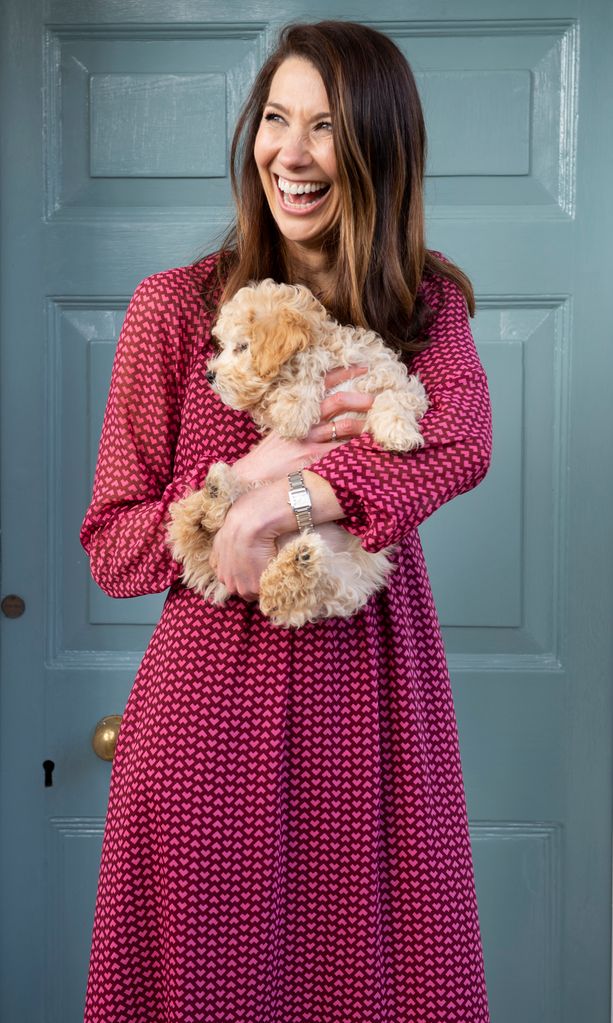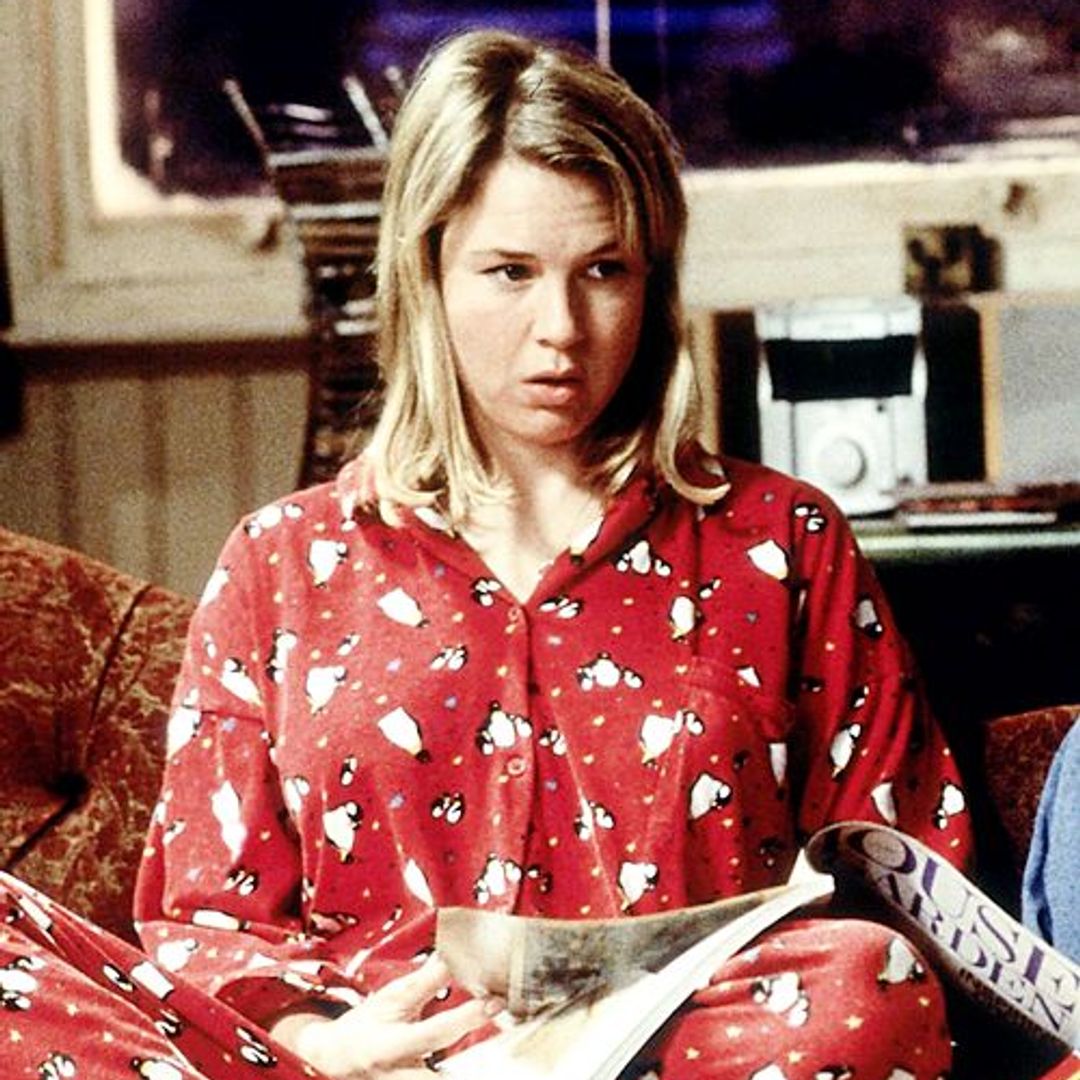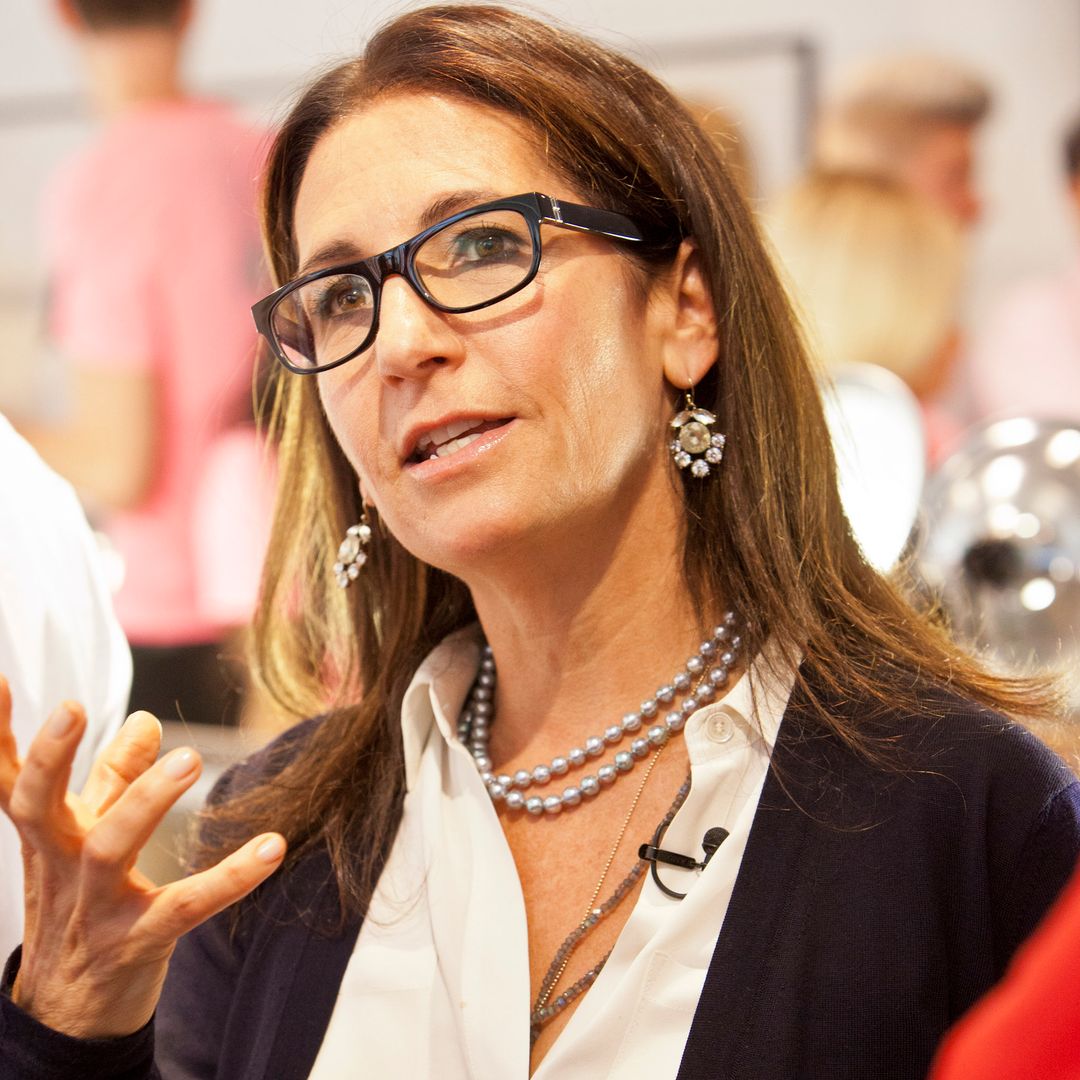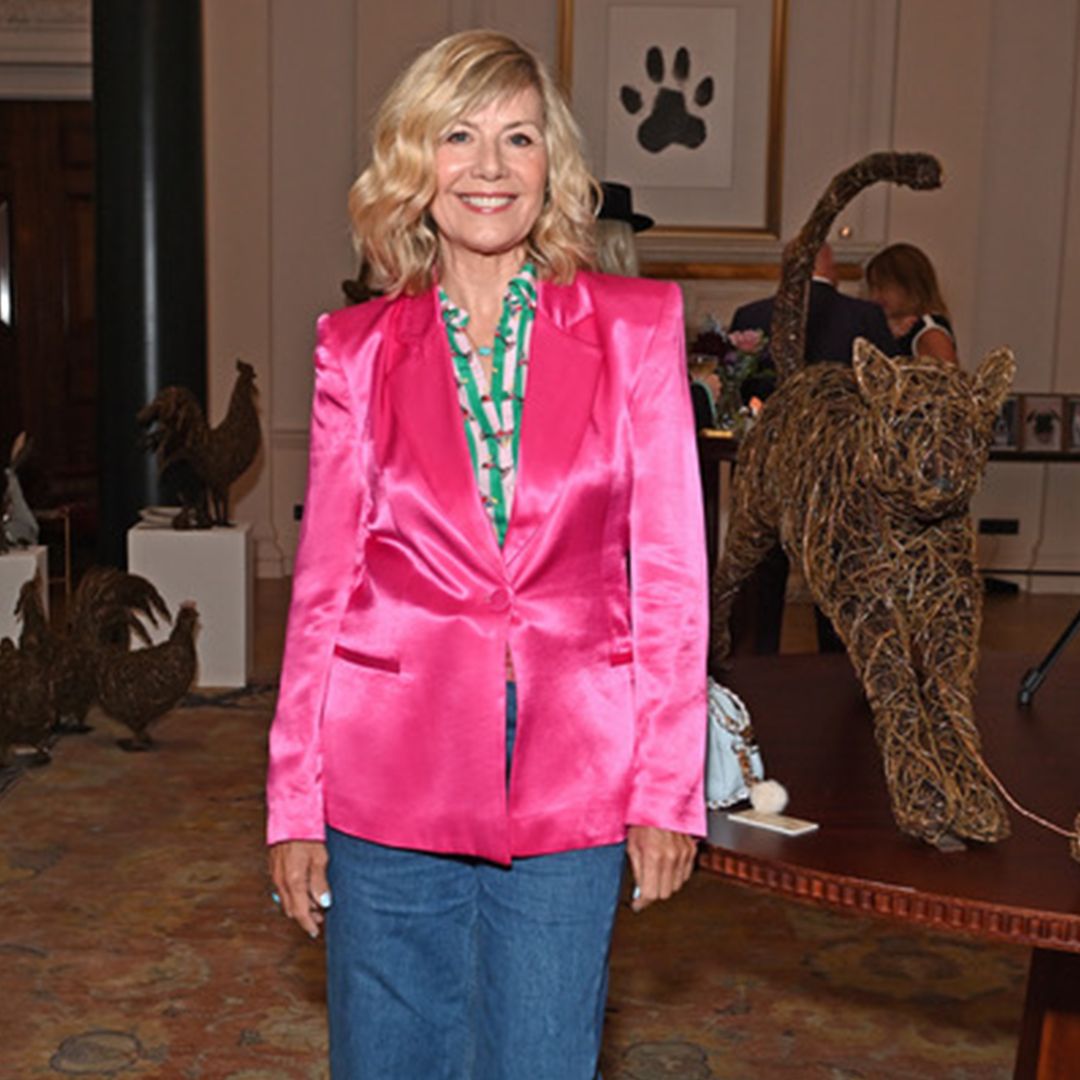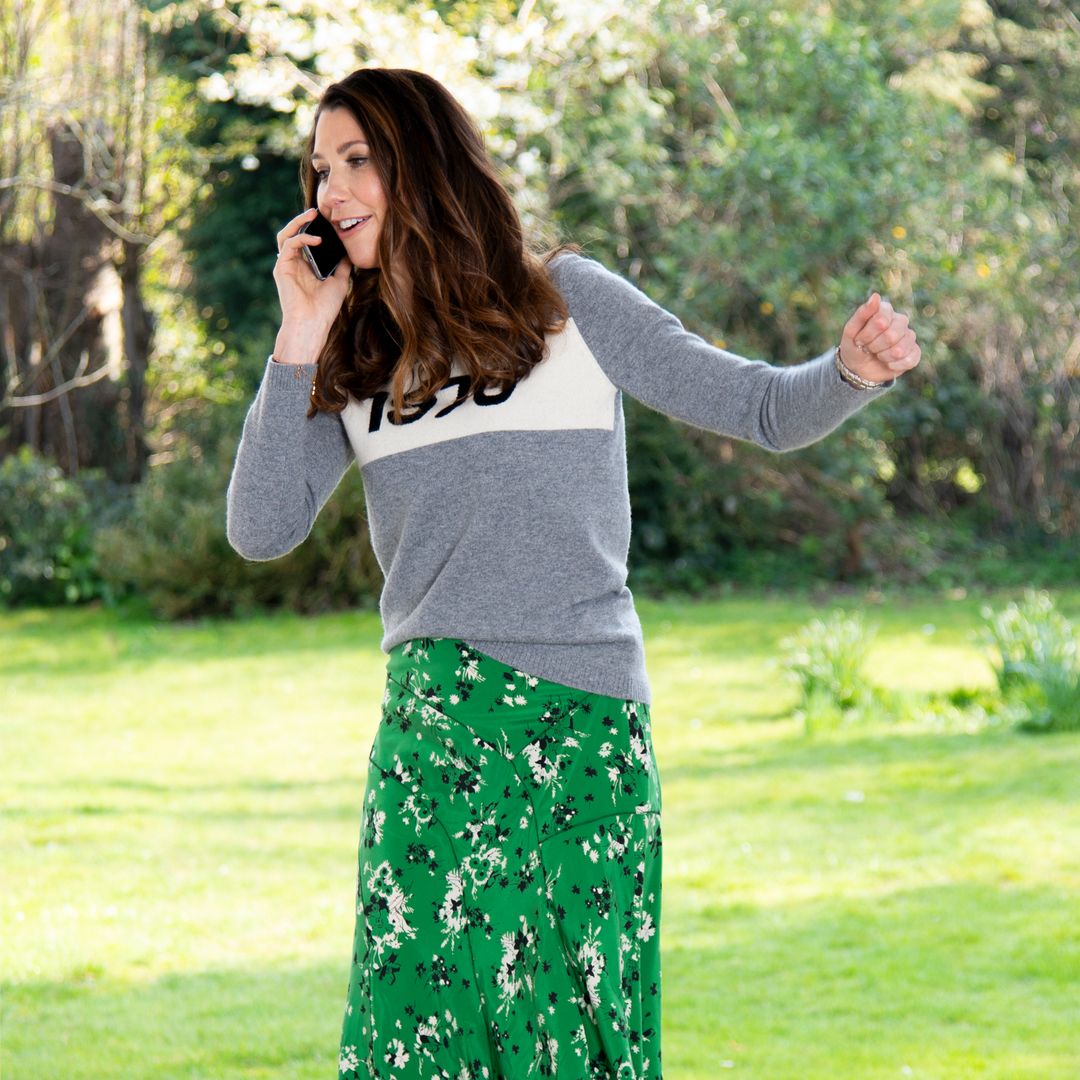Billions of words (a fair few of them by me, and some of them expletives) have been written about the unfair division of domestic chores between men and women.
According to a Mortar research study, the latter do nine hours more washing, cleaning, cooking and life admin per week than their male partner. That’s a whole working day!
But I’m not here to talk about being the only household member that washes sheets, replaces loo rolls or the gazillion other things only we women seem to do. No, I’m here to talk about all the emotional labour we take on.
Emotional labour
What’s emotional labour you ask? It’s managing emotions - making sure people around you feel supported, connected, valued and happy.
I do a lot of this - fundamentally because I want to make people feel good. I like to think I’m a kind, giving person who enjoys raising the mood of those around me.
I manage the emotions of my kids. Listen to their woes, celebrate their victories, empathise with their relationship frustrations, and consider their health worries. Ditto my mother. And my partner and my friends.
READ: Why is burnout a women's issue? A psychotherapist explains
All of that is given, but what I’m talking about here is managing the emotions of all those people around your nuclear family and how that is often unfairly divided between fathers and mothers too.
Because while I do much of my emotional labour for altruistic reasons, let’s be real, it’s also to smooth my path in the world, and to smooth the path of those I love.
What am I talking about here is investing emotionally in those who have influence over your life and those of your family. Think buying teachers end-of-term presents, making friends with your children’s friend’s parents so they get invited on play dates, joining the PTA, and organising the whip round for the football coach.
When I was married, I did more of the emotional labour than my husband. I made the social connections in our new village. If we both went to a birthday party, I organised the present and the card. (My ex, to be fair, was very good at thank you notes).
INSPIRATION: I was chronically busy – here's how I finally learned to rest
Now we are no longer together I imagine he does more of this himself and let quite a lot of it slide. And perhaps he cares less if he doesn’t get invited to things, or he gets fewer cards on his birthday. Because men are conditioned differently.
Emotional labour at work
Think about emotional labour in the workplace. Women do so much more of it there too - organising leaving gifts, checking in on colleagues’ ill parents or commiserating when they have had a bad meeting with the boss.
Studies say all that takes time and focus, and the BBC reports that whilst we women are socially rewarded for our emotional input we are not financially, and it doesn’t result in promotion.
The good thing about reaching midlife, for me anyway, is it makes you question your people-pleasing tendencies and self-reflect. Whilst I will continue to care for those around me, I’m going to reign in some of the emotional labour I do.
I remember when we had builders and I was making them all a cup of tea every hour for weeks and asking about their ailments and wives.
Did it make them work harder or more diligently? No. I think they just thought I was a pushover. So, I’m going to be more considered about who I emotionally invest in.
Now how do you feel about that?

